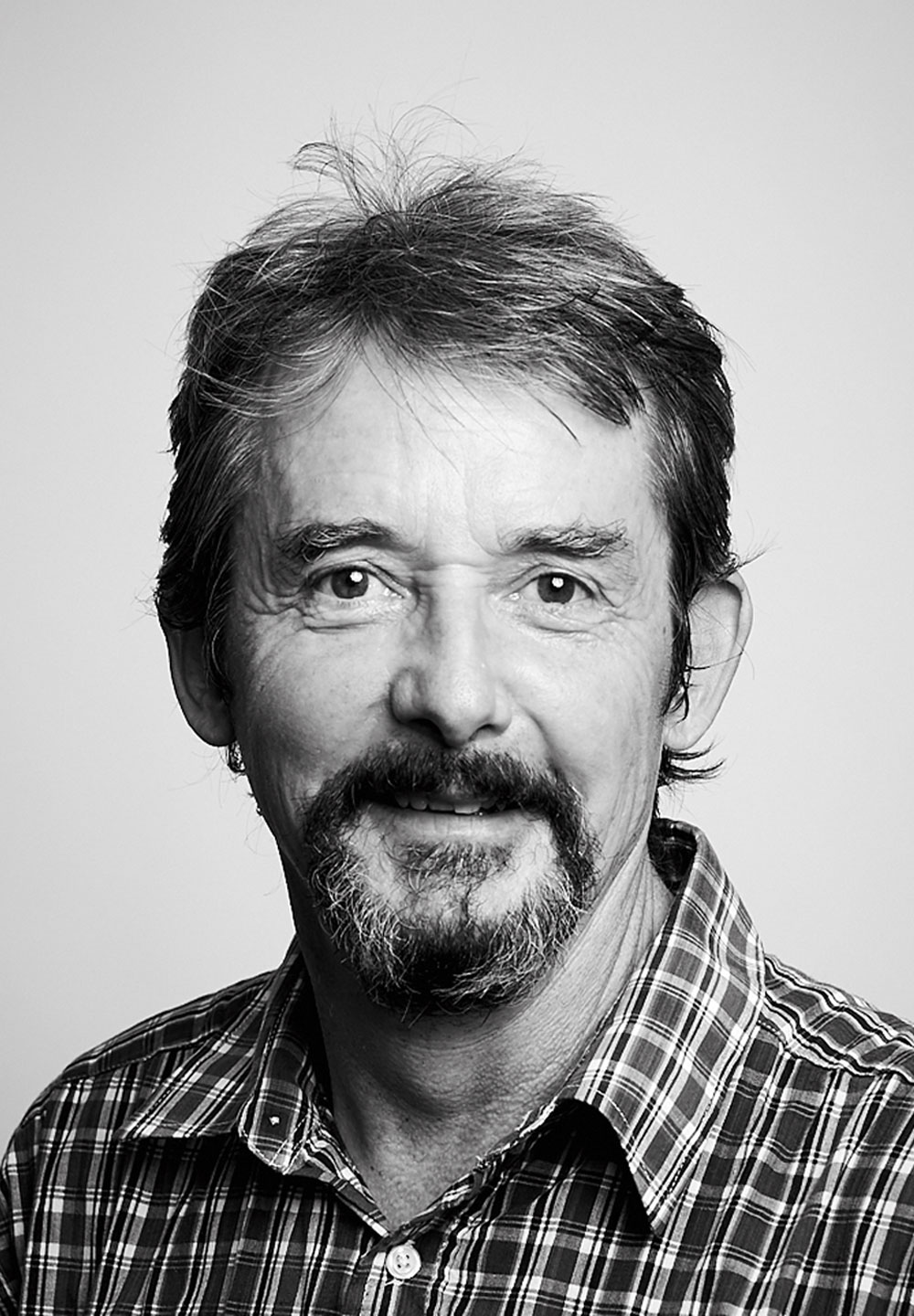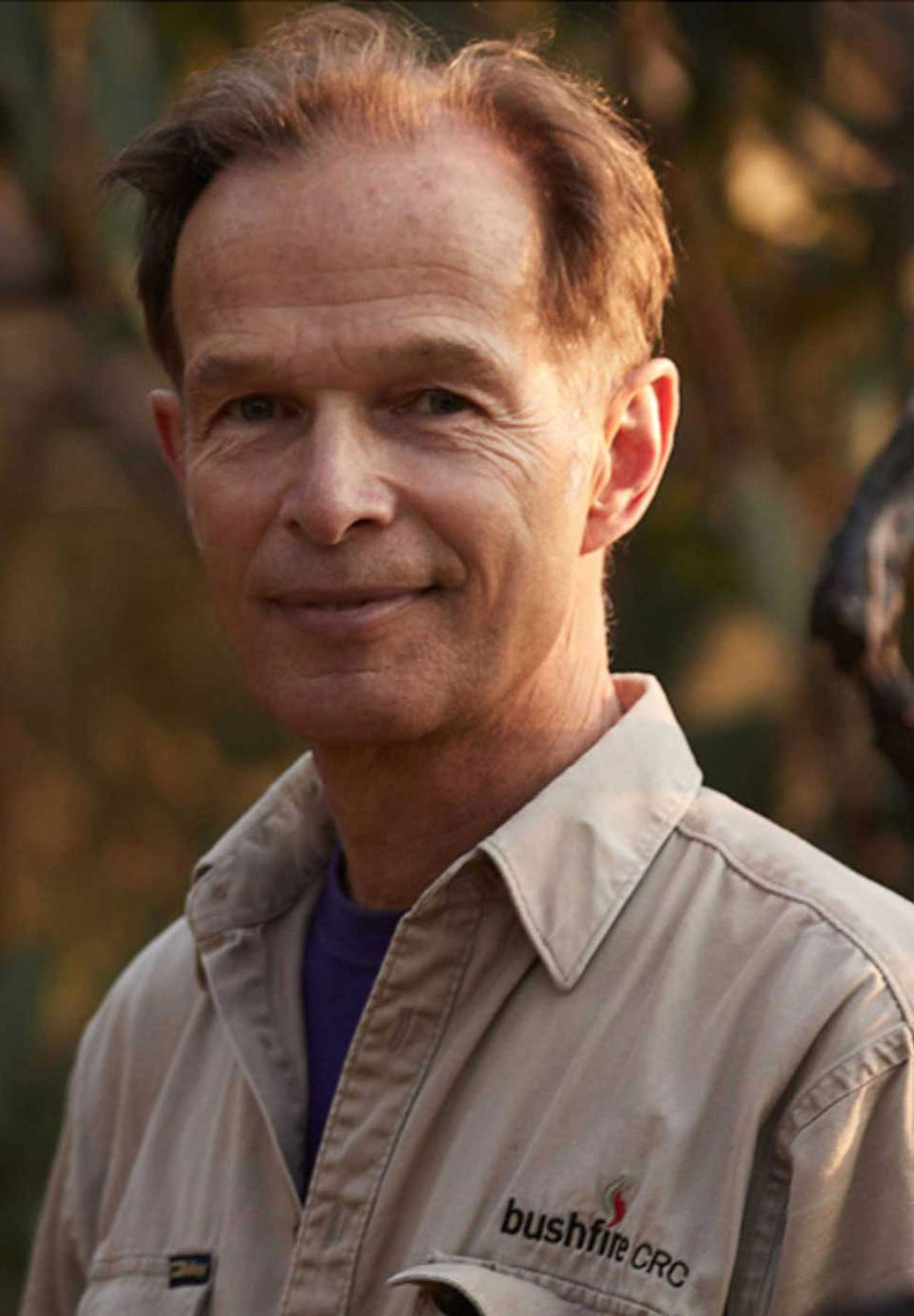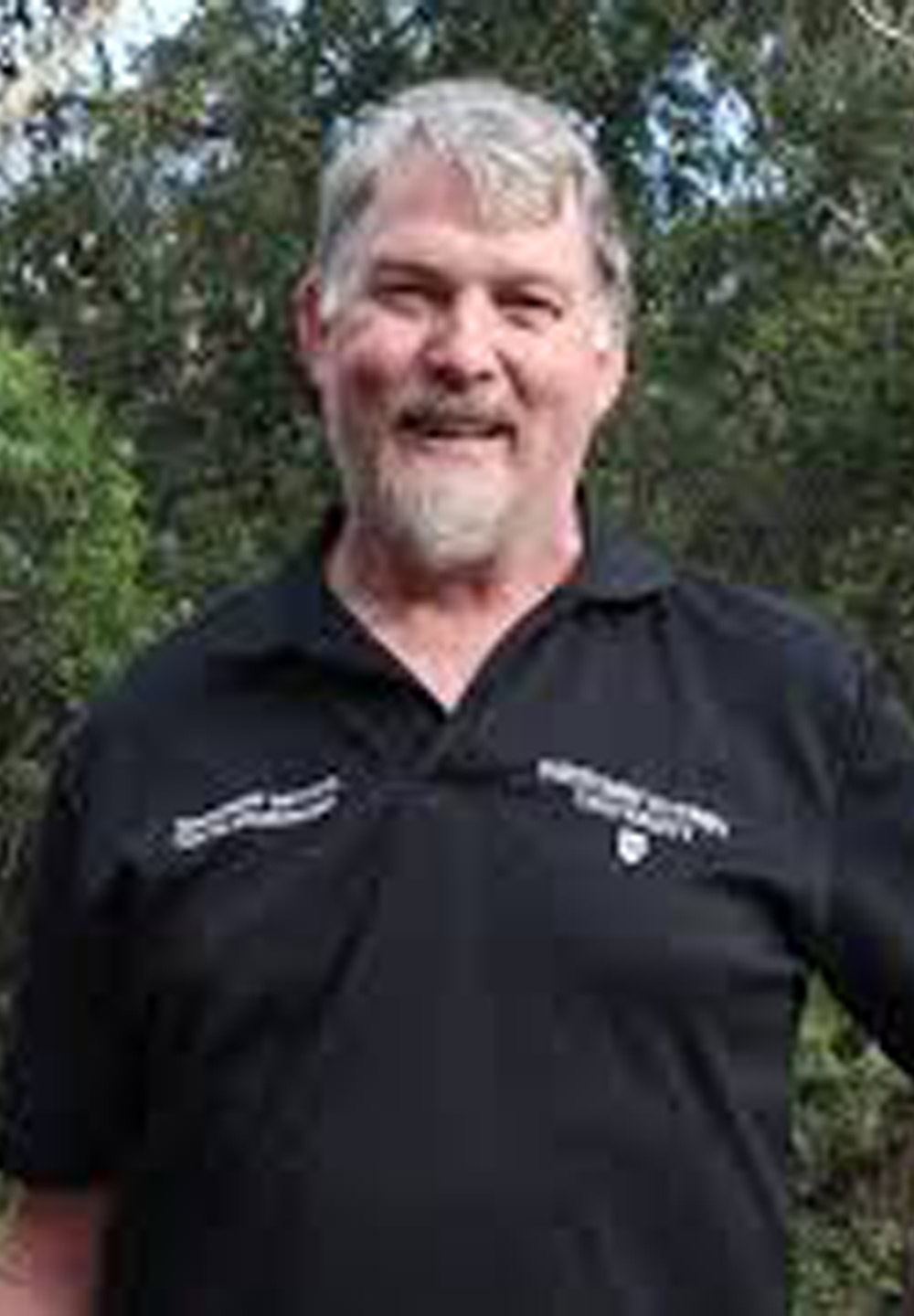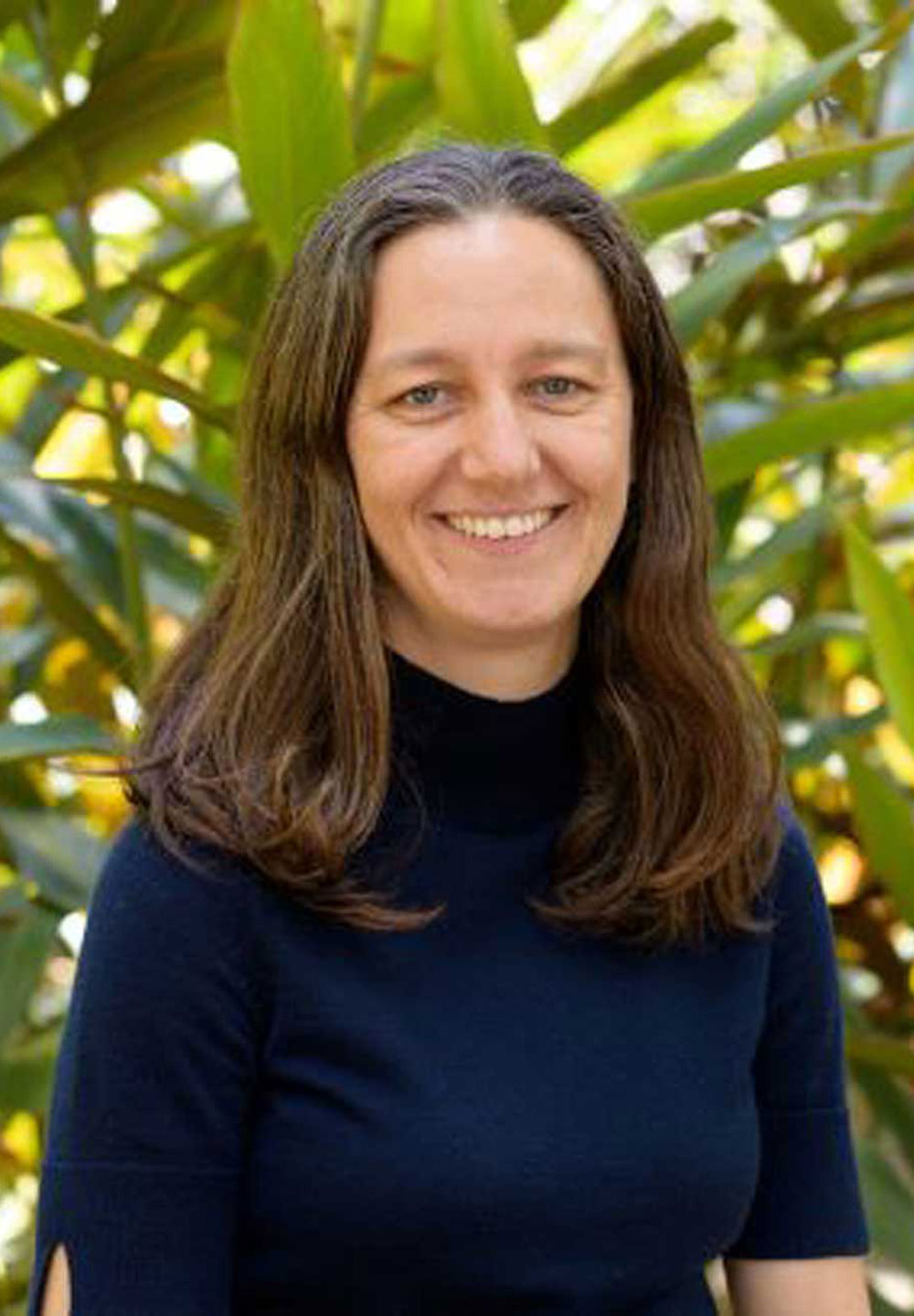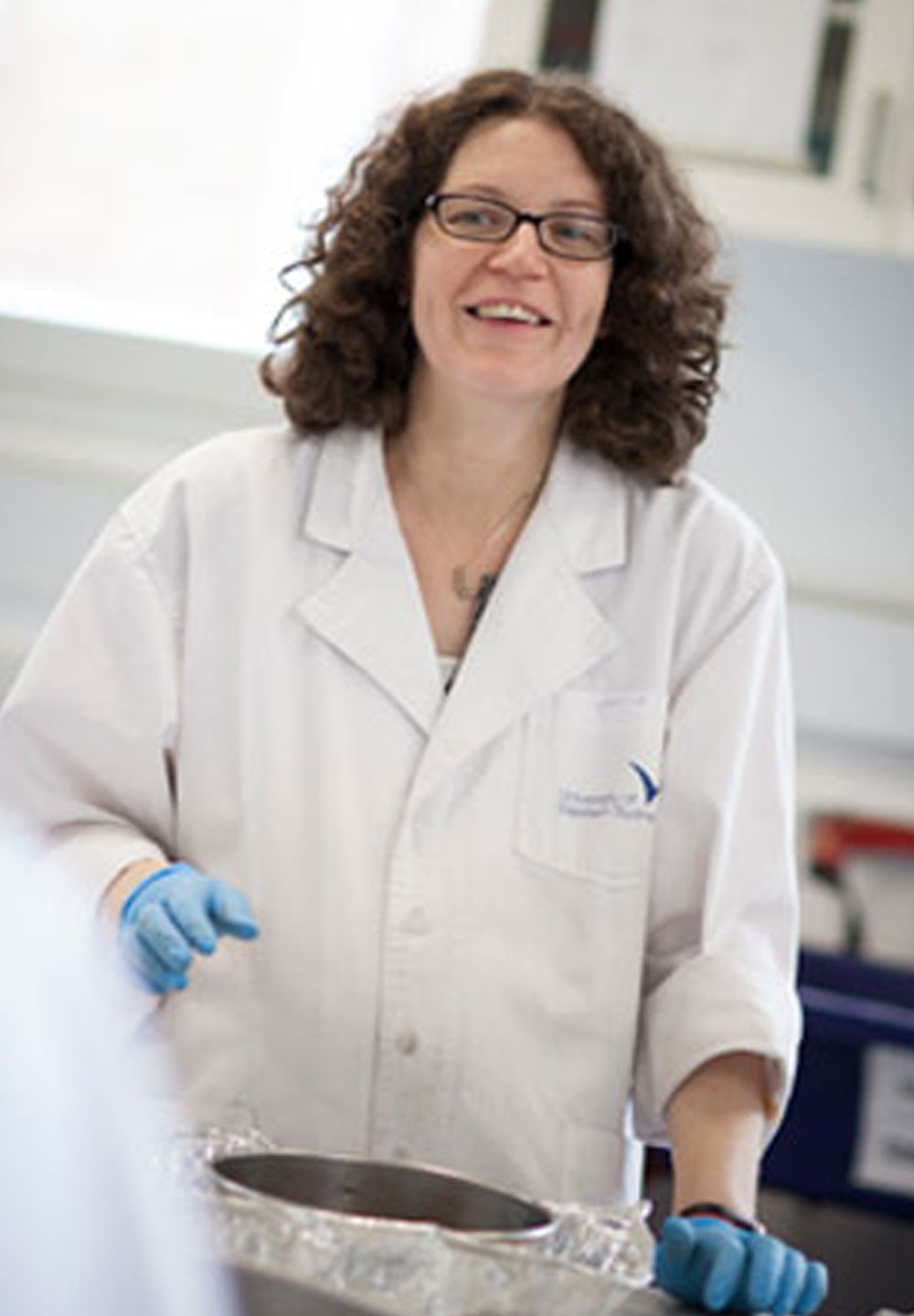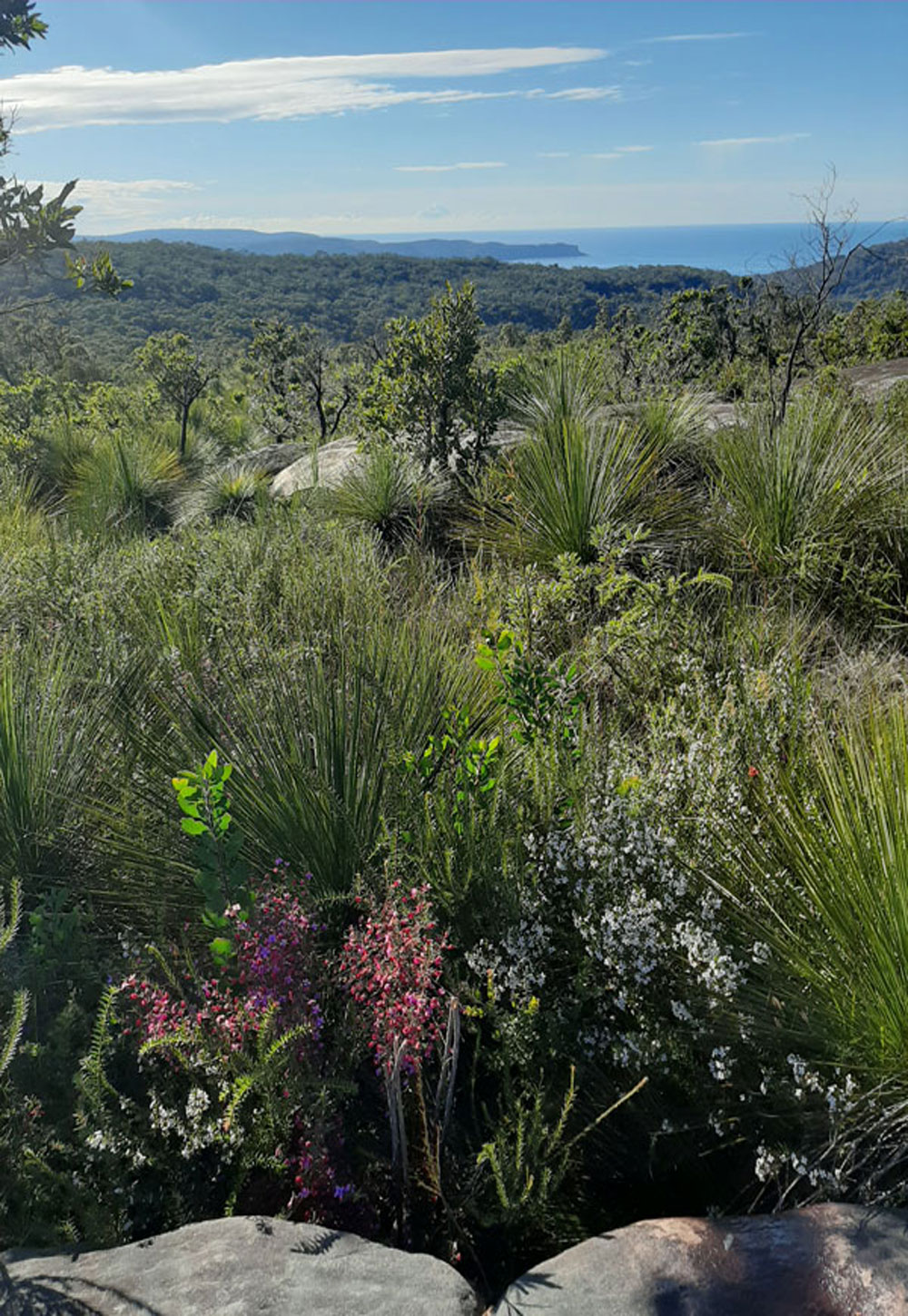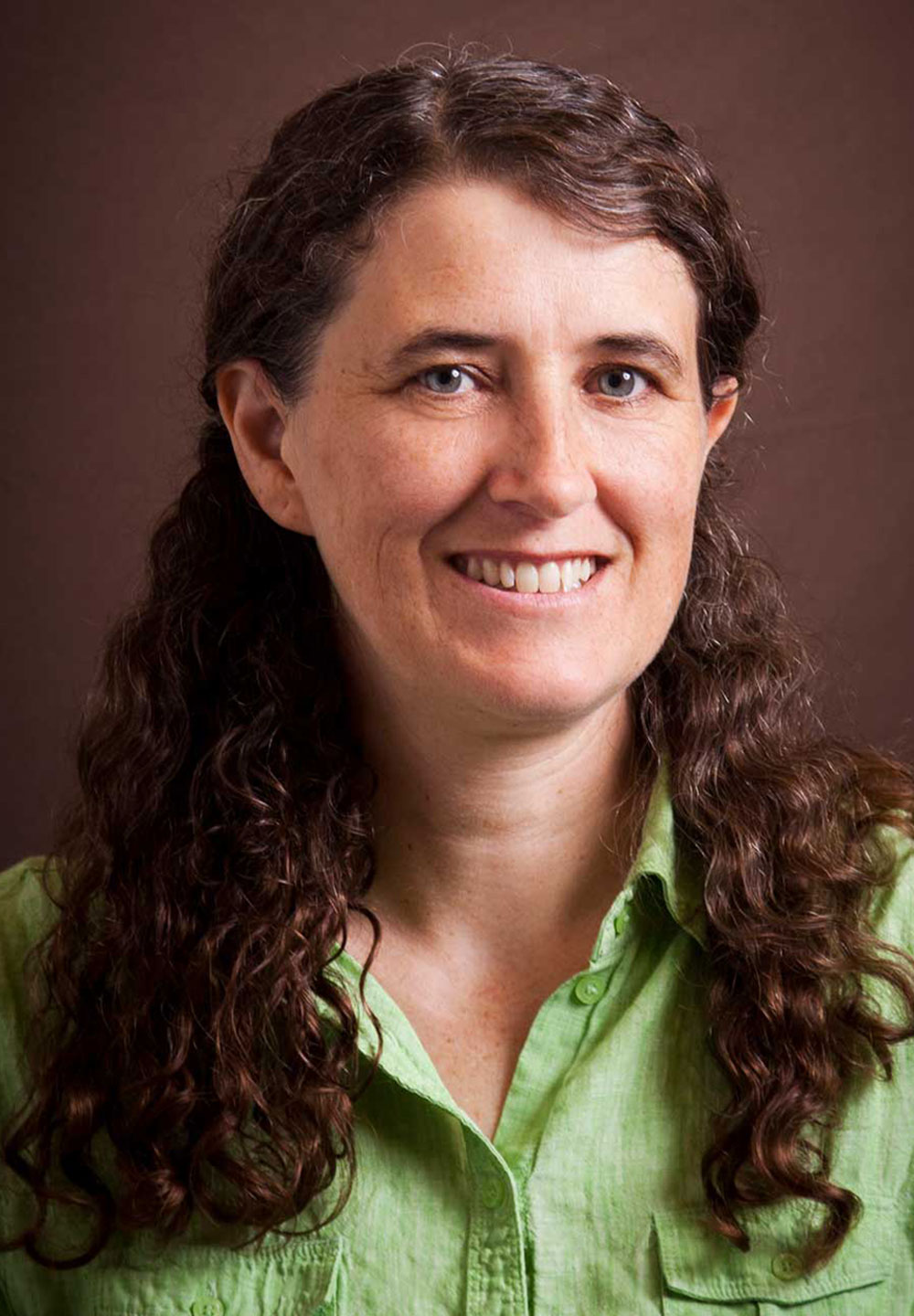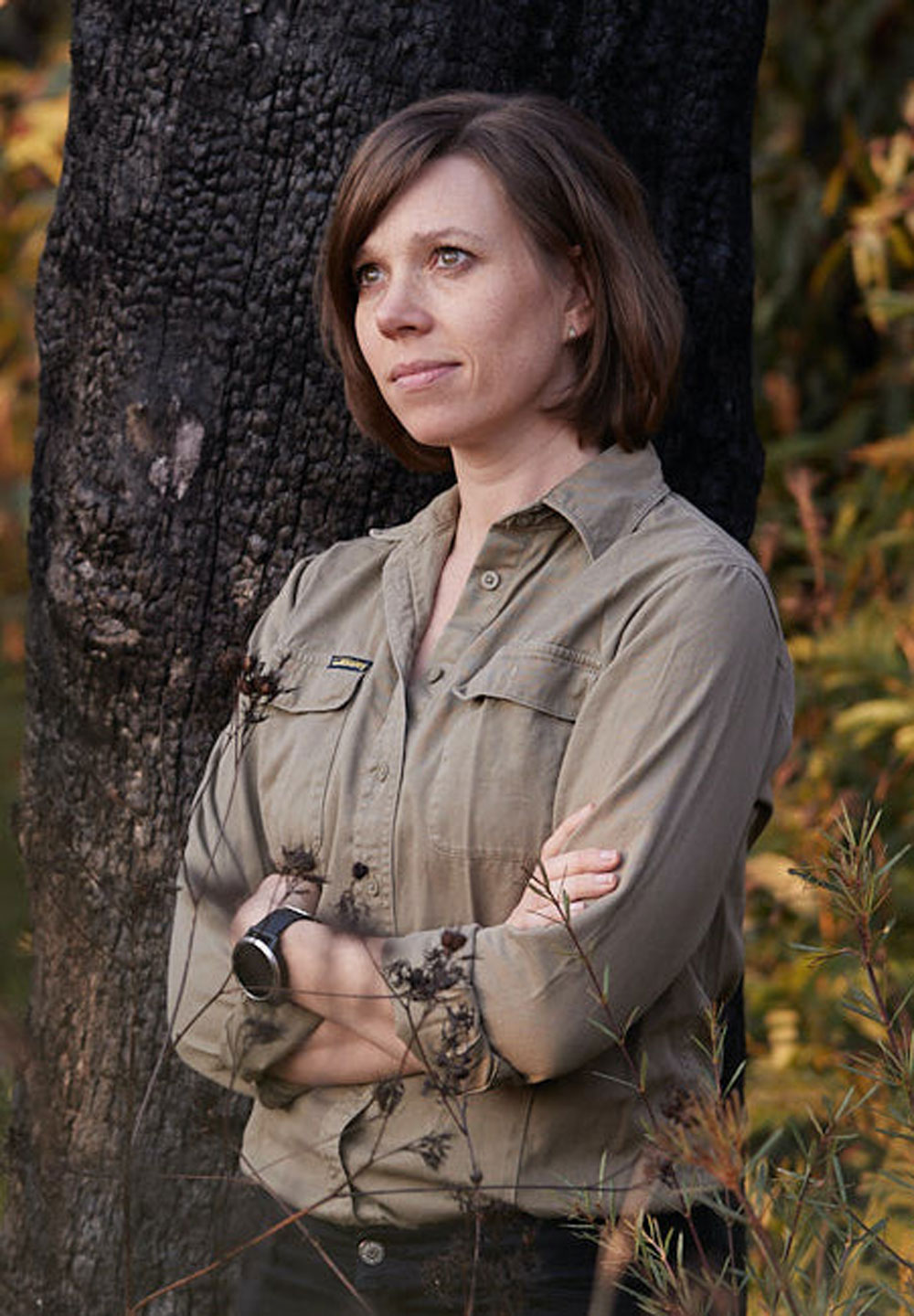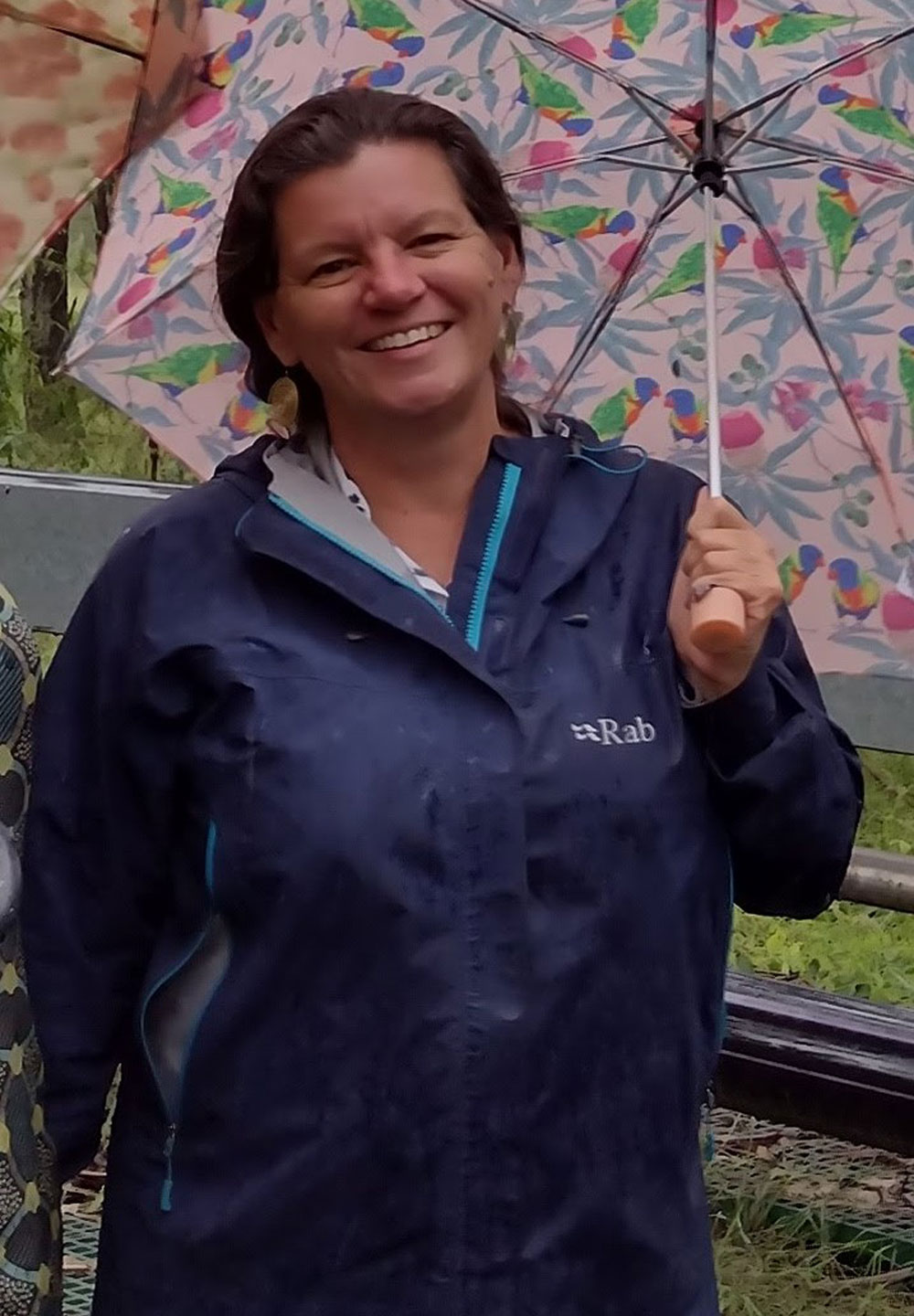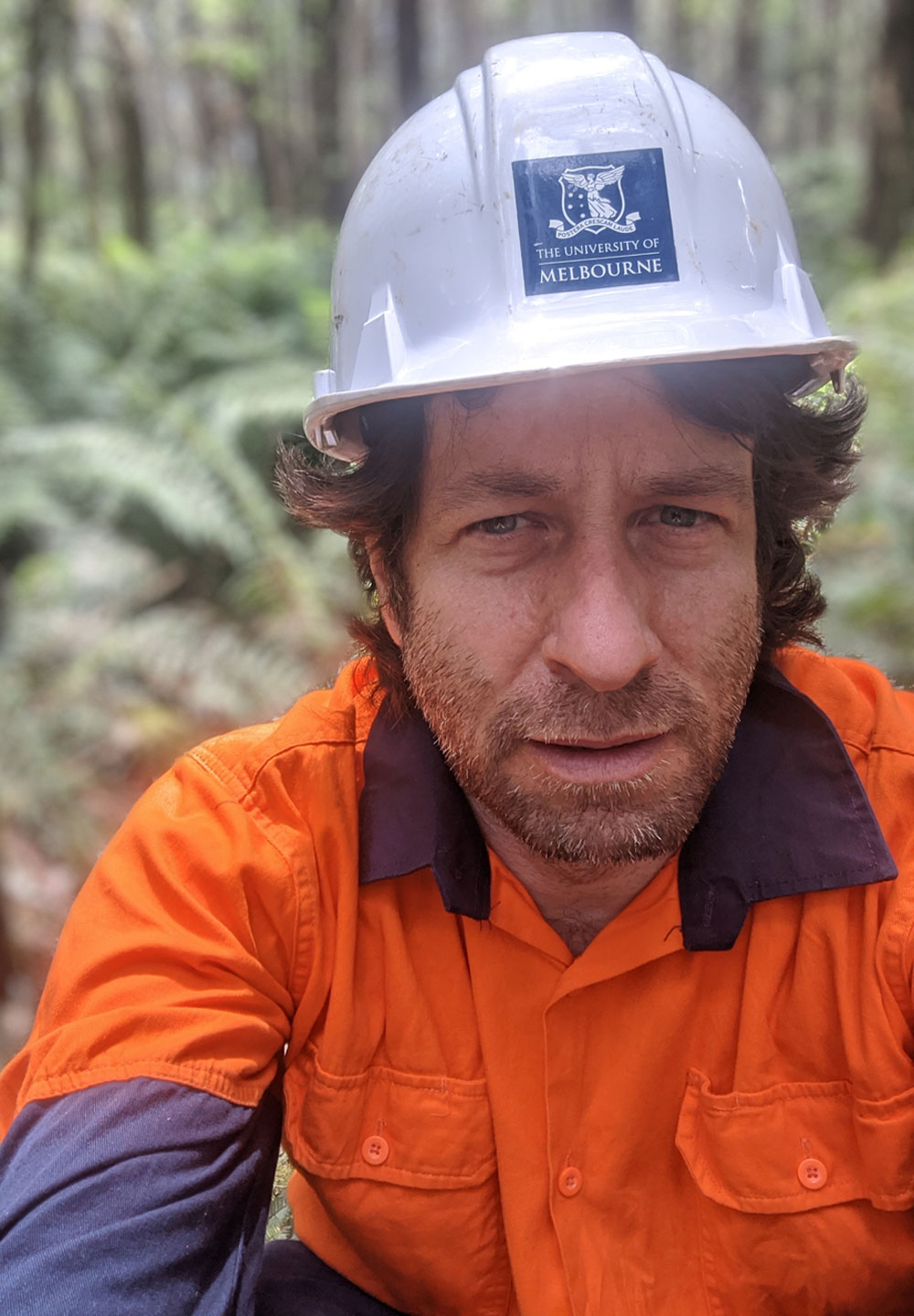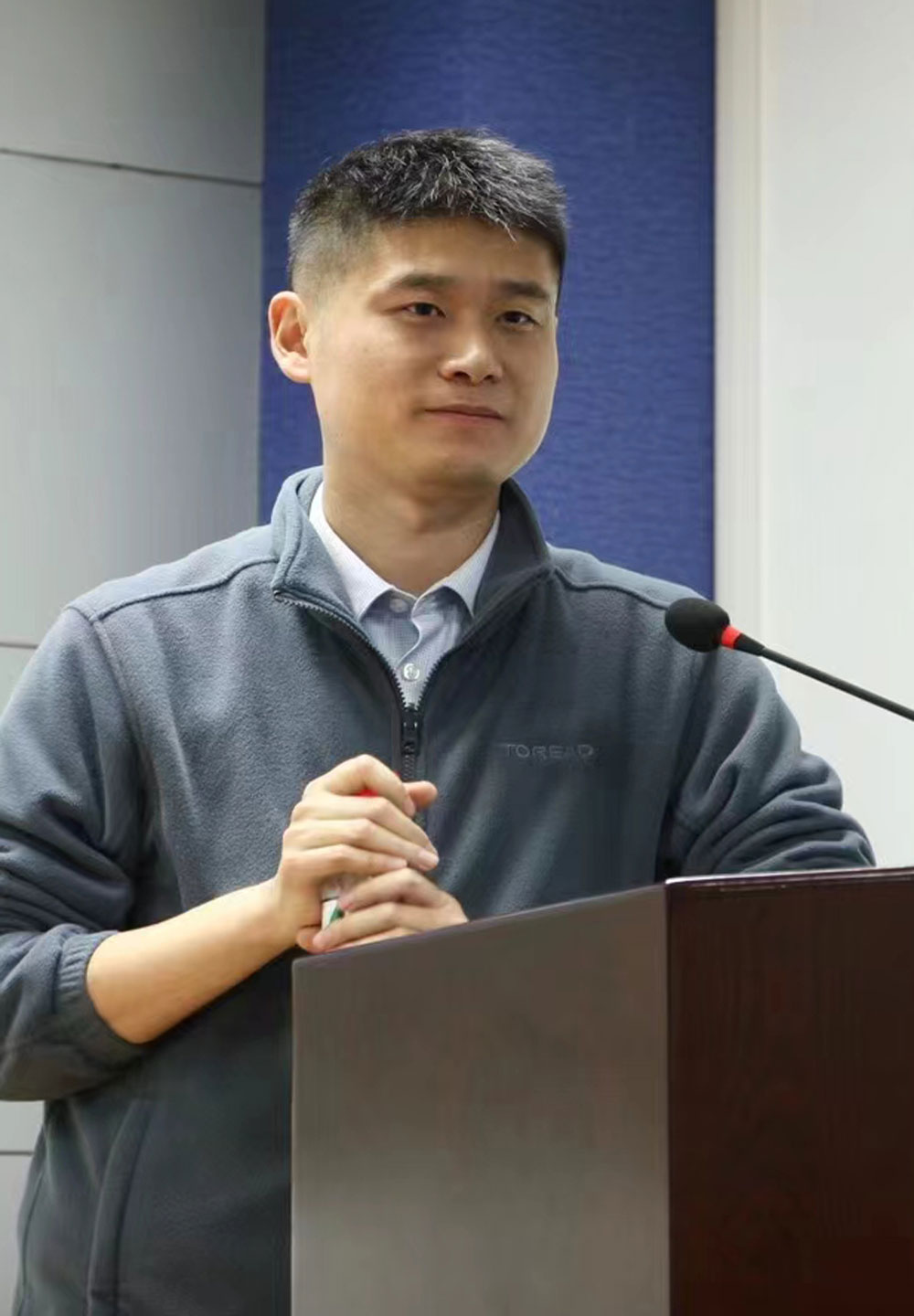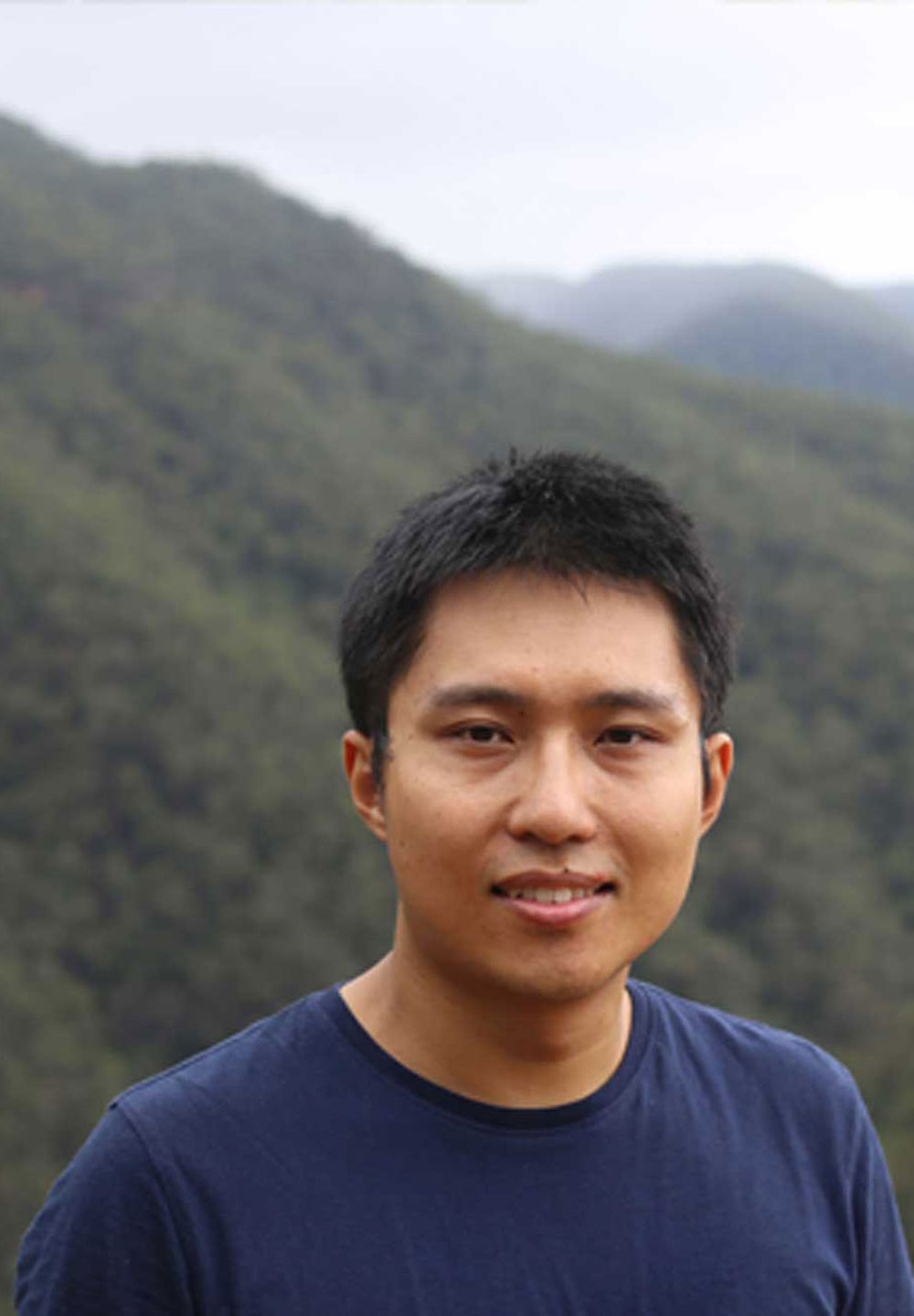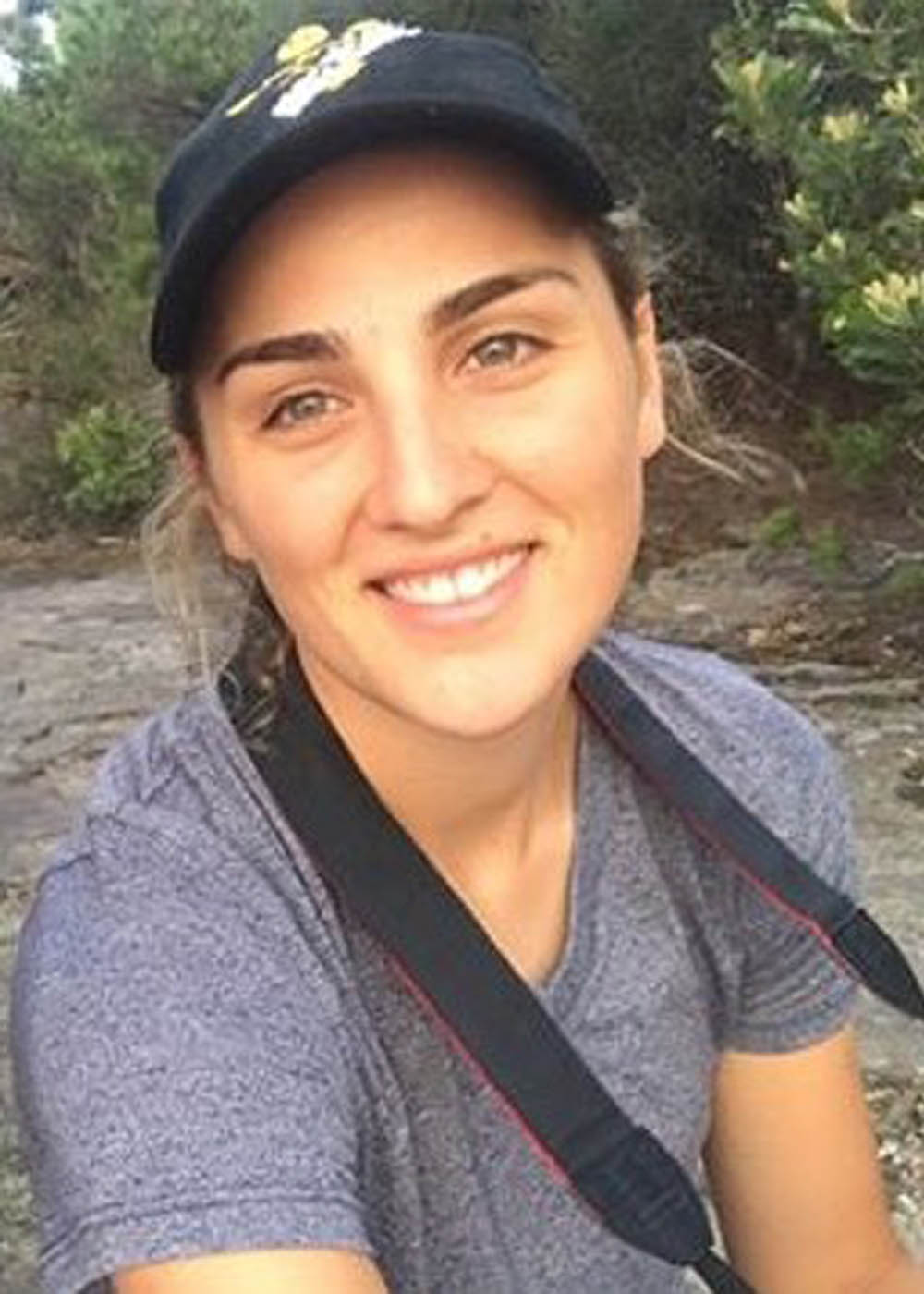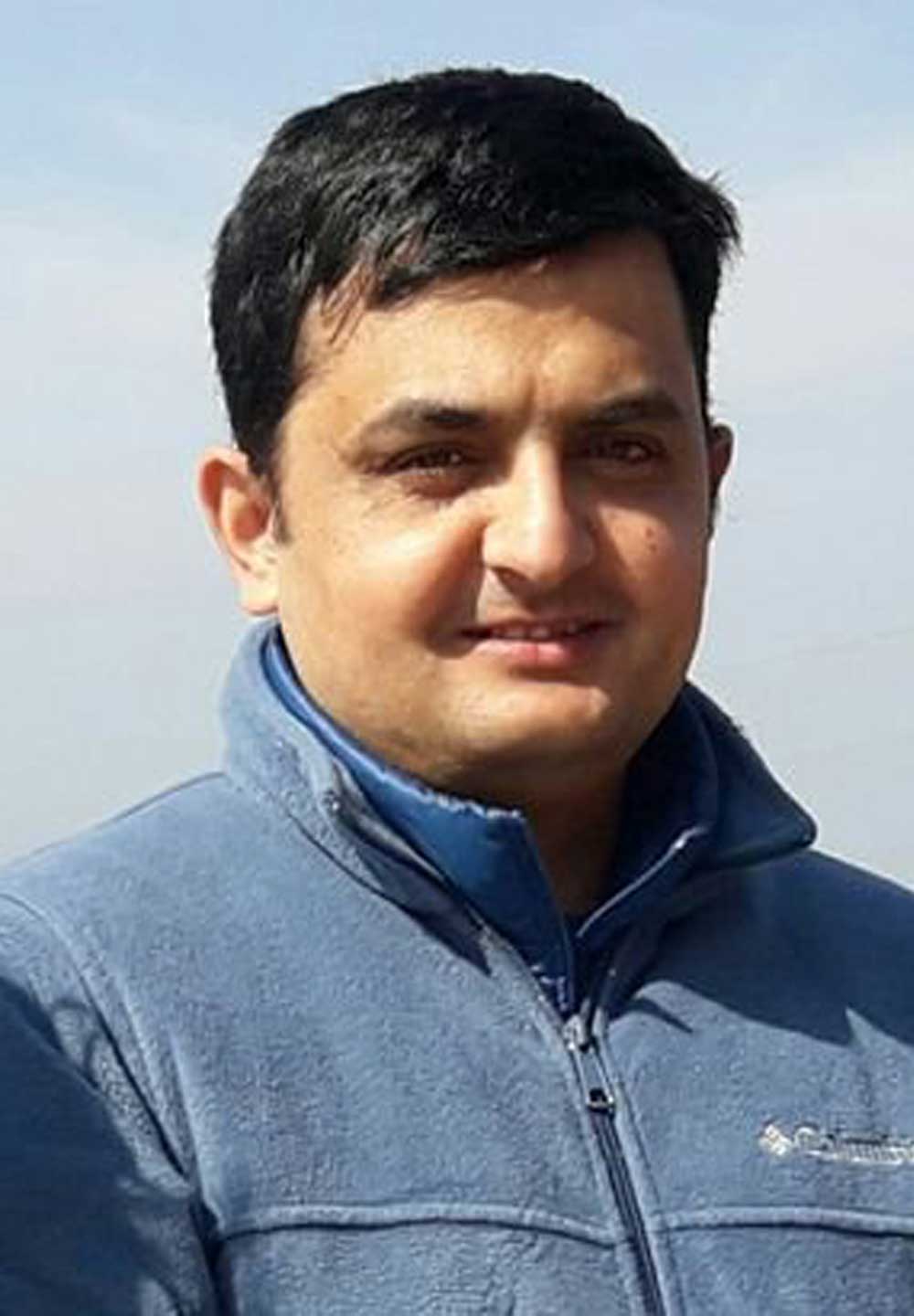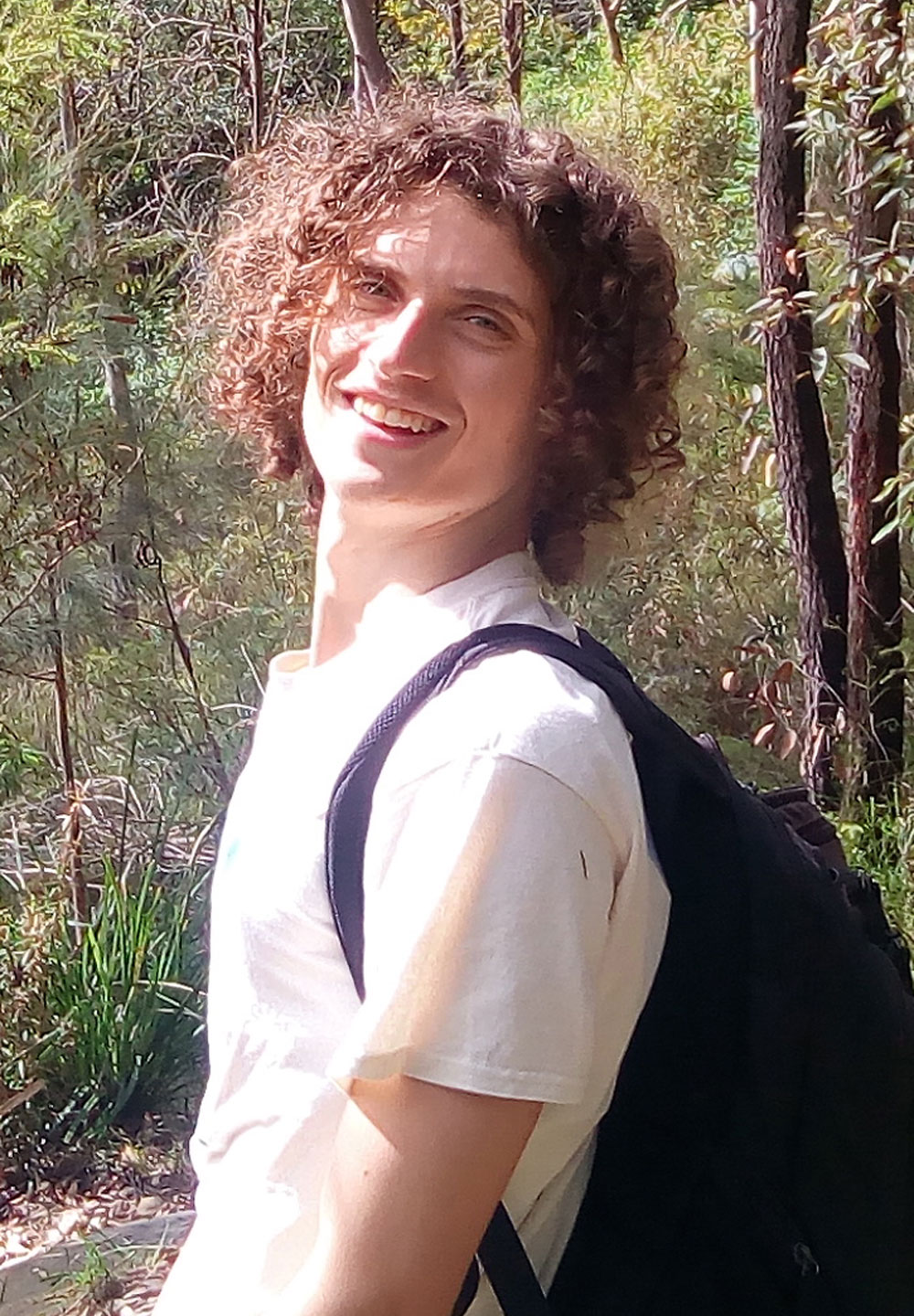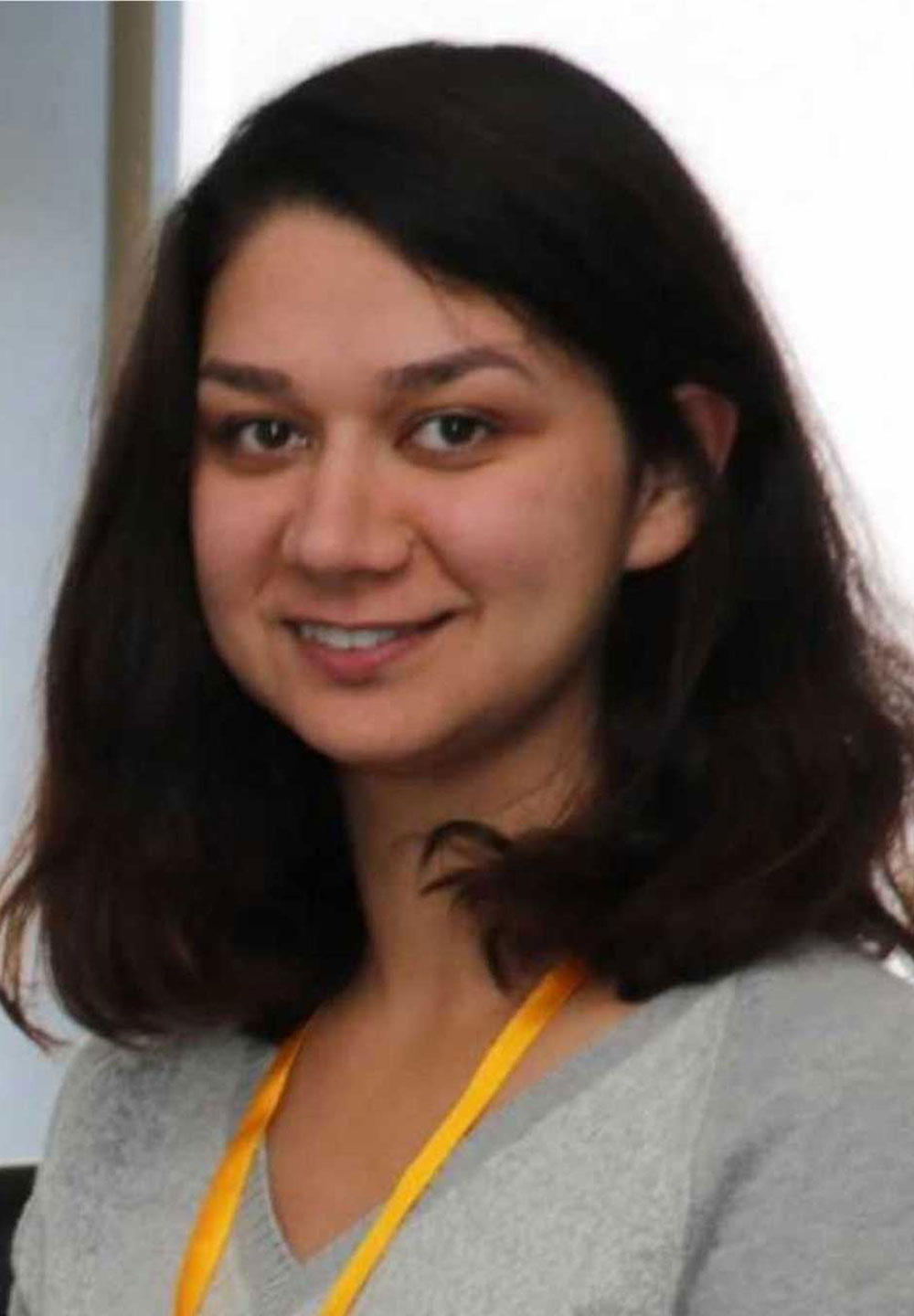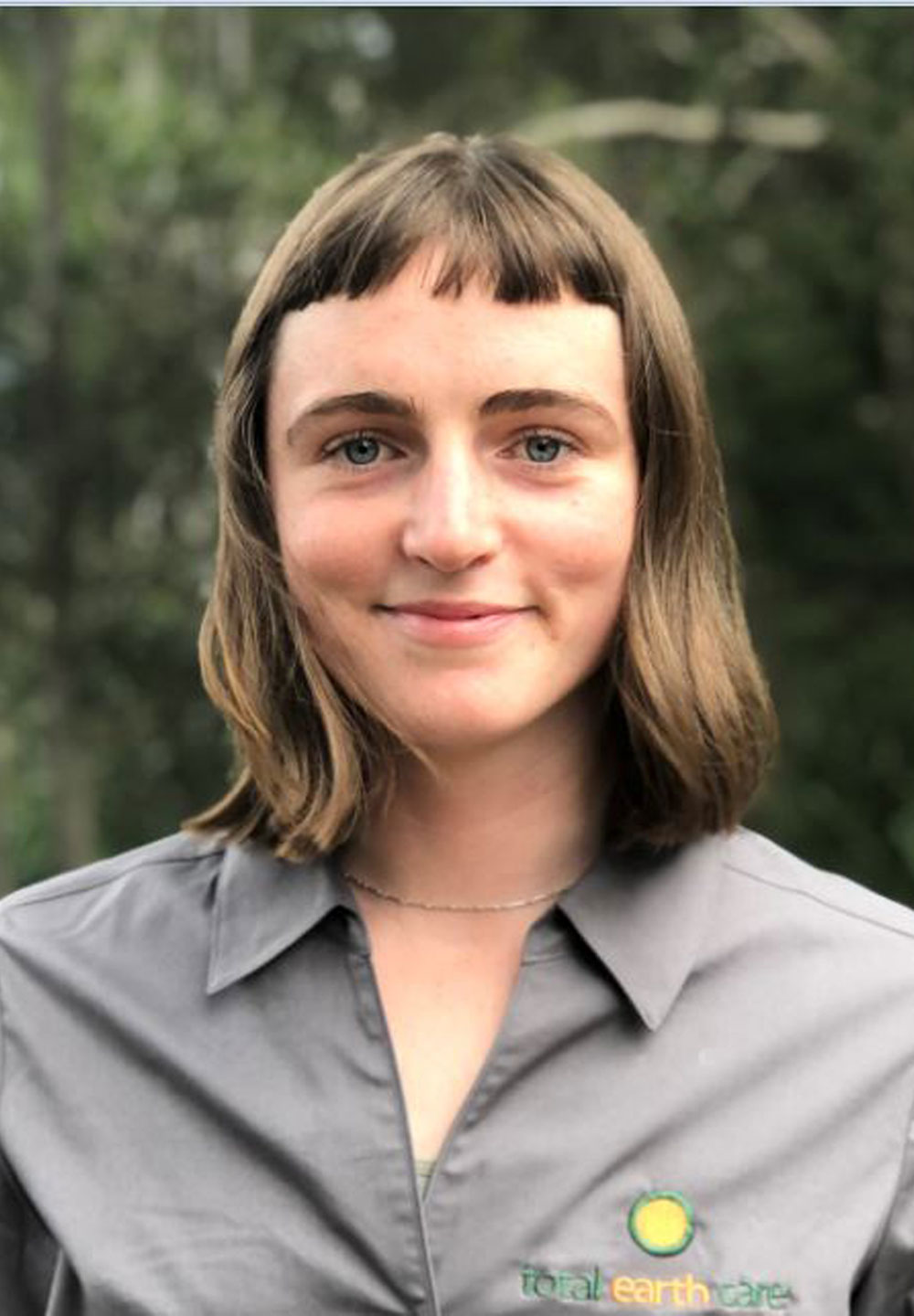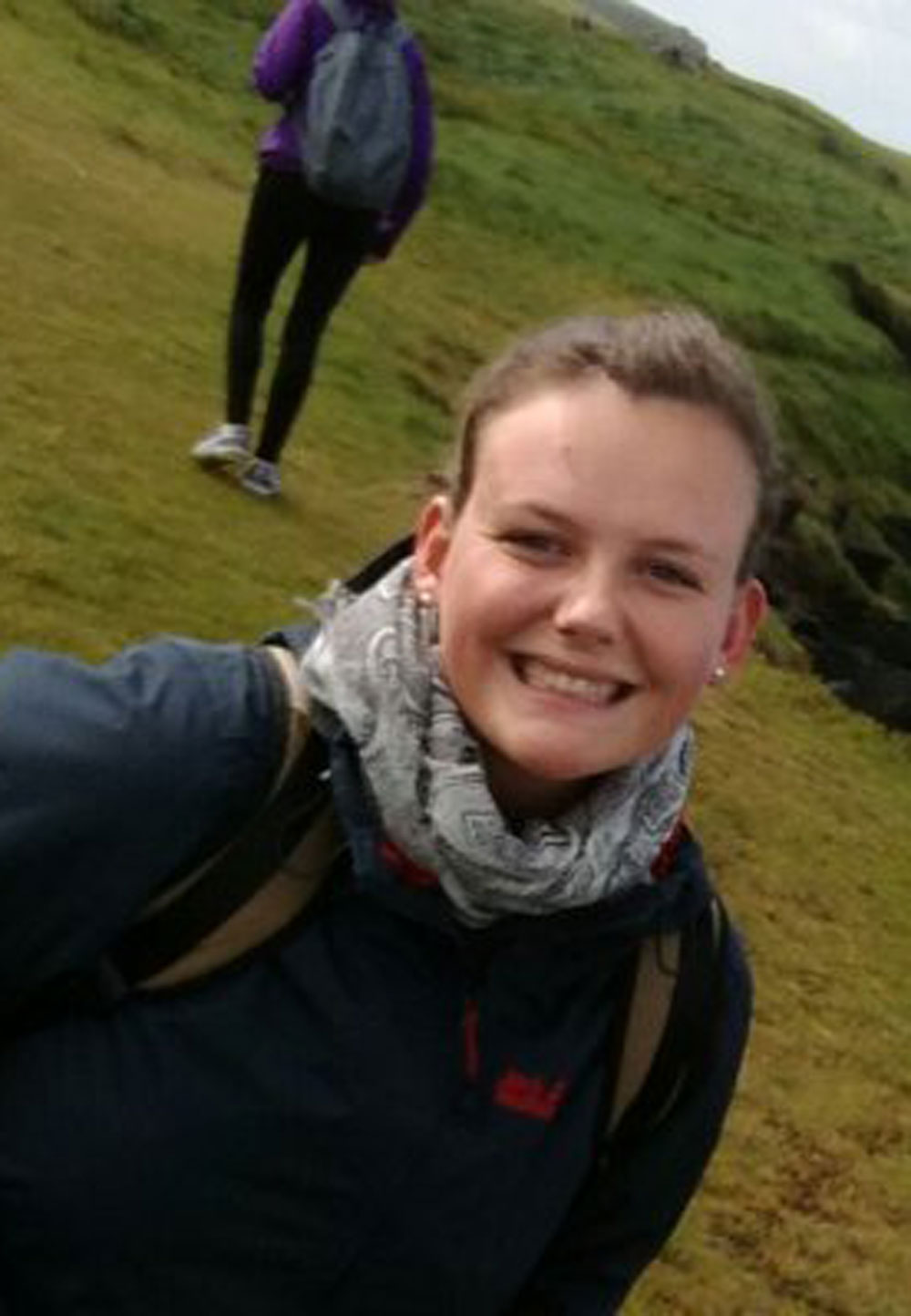Dr Craig Barton
I’m Technical Manager and responsible for the operation of the Institute’s field-based climate change facilities including CO2 /climate controlled whole tree chambers (WTC) and associated eucalypt plantation, a Free Air CO2 Enrichment (FACE) experiment in native woodland, Rain-out Shelters and an Eddy Covariance Flux site.
Prof Matthias Boer
My research interest focuses on the landscape ecology and management of fire-prone environments. I am particularly interested in the biophysical basis for spatial variation in current and future fire regimes, and in the mechanisms and feedbacks by which fire may mediate, reinforce or constrain impacts of changing climate, [CO2] or land use on ecosystem functions and services such as regulation of water and carbon fluxes or biodiversity conservation.
Dr Yolima Carrillo
I combine field and laboratory experiments to answer questions at the ecosystem level at the plant-soil-microbe interface. One area is rhizosphere mediation of soil organic matter dynamics, including decomposition and formation, as affected by climate change factors (including elevated CO2, warming and water stress). Another mechanisms of impact of water stress and water availability on carbon cycling, stoichiometric relations and microbial communities in soil and potential feedbacks to climate.
Dr Kristine Crous
My research is focused on physiological mechanisms plants use to respond to global climate change factors, principally elevated CO2 and climate warming, but also the effect of nutrient availability (both nitrogen and phosphorus) on the CO2 response.
Prof David Ellsworth
Tree Nutrition and Physiology; Global Change Biology; Ecological Physiology; Plant Physiology; Ecosystem Adaptation to Climate Change; Ecosystem Adaptation in Australia; Ecosystem Adaptation in the World; Forest and Woodland Flora, Fauna and Biodiversity
Assoc Prof Rachael Gallagher
My primary interest is plant conservation, particularly under climate change. My main research areas are conservation biology, ecology, plant functional traits, biogeography, macroecology, species adaptation to climate change and global change biology.
Dr Vinod Kumar
Senior Technical Coordinator, Sustainability & Environmental Science,
Sustainability & Environmental Sciences TRTS.
Dr Catriona Macdonald
My research is focused on understanding how environmental change impacts nutrient cycling and ecosystem functioning and how this affects productivity and sustainability of soils. Working across natural, agricultural and managed ecosystems, she aims to improve understanding of how factors such as climate change and land management impact microbial-mediated nutrient transformations, and how this feeds back to ecosystem functioning.
Mr Craig McNamara
Senior Engineering Technician at FACE. Sustainability & Environmental Sciences TRTS
Dr Jessica Meade
I’m an animal ecologist with a particular interest in animal behaviour, navigation and spatial ecology. My research focus on navigation, involving a combination of high resolution tracking and experimental manipulation to investigate the sensory basis of navigation. Spatial ecology, identifying natural patterns of movement including foraging and migration and cooperative breeding, examining parental investment and helping behaviour.
Dist Prof Belinda Medlyn
My research focuses on how plants, especially forests, respond to increasing atmospheric carbon dioxide and climate change. I work at the interface between experiments and models: my aim is to develop evidence-based models of how ecosystem productivity, water use and species composition will be affected by global change, and to do so I work closely with a number of experimental teams world-wide to test and improve ecosystem models.
Assoc Prof Ben Moore
My research focus on plant-animal interactions, chemical ecology and the causes and consequences of variation in plant chemistry. I am particularly interested in the chemical, nutritional and physiological ecology of Australian marsupials, like the koala, that feed on Eucalyptus. How is climate and landscape change altering the ecology of these interactions?
Research fellows
Dr Chris Gordon
I am a fire and landscape ecologist with a key focus on providing high quality research for environmental and ecosystem management. My research uses field, remote sensing and climate data to identify key drivers of environmental change, with a focus on wildfire ecology and risk management, plant ecology, trophic ecology and statistical inference.
Dr Anne Griebel
I’m a tree physiologist with an interest in disturbance ecology. I’m passionate about unraveling the effects of heat and drought stress on tree health, ecosystem structure and function, and the biosphere-atmosphere exchange of carbon, water and energy. I am particularly intrigued by the trade-offs between carbon sequestration and water loss, interactions between mistletoes and their hosts, and how droughts and heatwaves influence the flammability of Australian ecosystems.
Dr Alison Hewitt
I have a PhD in botany and plant ecology. My research on reproductive biology and ecology of the Melaleuca genus have demonstrated genetic and environmental factors critical to species survival. I have studied Australian native plant responses to shade and temperature as well as disturbance effects on vegetation in Western Sydney and the Blue Mountains. I’m also interested in plant-animal interactions, Eucalyptus, threatened species and flora survey methodology.
Dr Assaf Inbar
I’m an ecosystem modeller and working as part of a team with developing a new community dynamic vegetation model for Australia (Dynamics of Australian Vegetation – DAVE). I have vast knowledge and experience in fire-related ecological, hydrological and geomorphological processes, especially in the South-eastern Australian perspective.
Dr Mingkai Jiang
I’m a terrestrial ecosystem ecologist and an ecosystem modeler. I have a broad research interest in global change ecology, plant physiology, and plant-soil interaction. In my research, I use ecological theory, process-based mathematical models and manipulative experiments to study the impacts of global change on terrestrial ecosystems and the associated consequences for ecosystem services.
Dr Juergen Knaur
I am an ecosystem and land surface modeller with a focus on vegetation responses to climate change. I am currently working on the development of a dynamic vegetation model for Australia, which will be used to simulate ecophysiological and disturbance-related processes, including fire, with the aim to better understand current and future vegetation dynamics.
Dr Jinyan (Jim) Yang
I’m an ecological modeller with broad interests on plant morphological and ecophysiological processes as well as their responses to climate change. I have investigated the modelling of the responses of Australian grassland phenology to rainfall variability. After that I joined the HIE Bushfire Research Group on the project “The influence of climate change on bushfire fuels in Victoria”.
Postgraduate students
PhD Candidate Kathryn Fuller
I am a fire and forest ecologist with a primary focus on biogeography. My current research uses spatial analysis to quantify relationships between key fuel attributes, stand composition, biophysical drivers and fire behaviour. The overarching goal of my research is to improve upon current methods of predicting fuel properties across forested landscapes of New South Wales in order to inform fire management.
MRes Student Sienna Grady
I am doing a Master of Research at WSU with the Lab of Animal Ecology. Thesis title: Mapping Foraging Resource Availability: Quantifying the Impact of the Australian 2019/20 fires on the Grey-headed Flying-fox – Developing a remote sensing-based methodology that maps flowering in the landscape surrounding a flying-fox colony at high spatiotemporal resolutions.
PhD Candidate Shiva Khanal
Thesis title: Objective quantification of national forest cover and carbon stocks in support of the REDD+ Programme – a methodological study combining remote sensing, forest inventory data and statistical modelling. Supervisors: A/Professor Matthias Boer, Professor Belinda Medlyn, Dr Rachael Nolan
PhD Candidate William McNeice
I’ve studied in Australia and Europe with a focus on forest and fire ecology. In my research project I’m applying methods from plant physiology to the context of forest flammability. I aim to explain how hydraulic traits determine the flammability of forest and woodland trees in eastern Australia by controlling the water content of fine fuel, a crucial component of large wildfires.
PhD Candidate Simin Rahmani
I received my Master of Environmental Biology from University of Wollongong (UOW) in 2018. I studied the pollution level from bushfire smoke plumes. I started working as a research assistant in UOW and Western Sydney University where I collected field data, did laboratory works and statistical analysis to examine effects of drought and fire on forest mortality and recovery. After that, I started my PhD in the field of fire ecology at WSU in 2021. My research focuse on drought and fire integration and their effect on tree mortality and recruitment.
PhD Candidate Erin Rogers
I have a Bachelor of Environmental Biology (University of Technology, Sydney) and was awarded the Dean’s Merit List for Academic Excellence (2019, 2020). I’m currently studying a Master of Research in Plant Ecophysiology at HIE. I have worked at EucFACE, Australia’s largest climate change facility, where I assisted with data collection investigating how Australia’s mature forests will cope under elevated CO2 conditions. I’m passionate about our native flora and loves being a part of an enthusiastic and encouraging team that supports Australia’s remaining native bushlands.
PhD Candidate Klaske van Wijngarden
Postgraduate researcher. PhD student at Western Sydney University & University of Birmingham. Researching woody carbon dynamics in mature forest stands under elevated CO2 levels at two Free Air CO2 Enrichment (FACE) experiments in the UK and Australia. Forest Edge Doctoral Scholarship Program.
